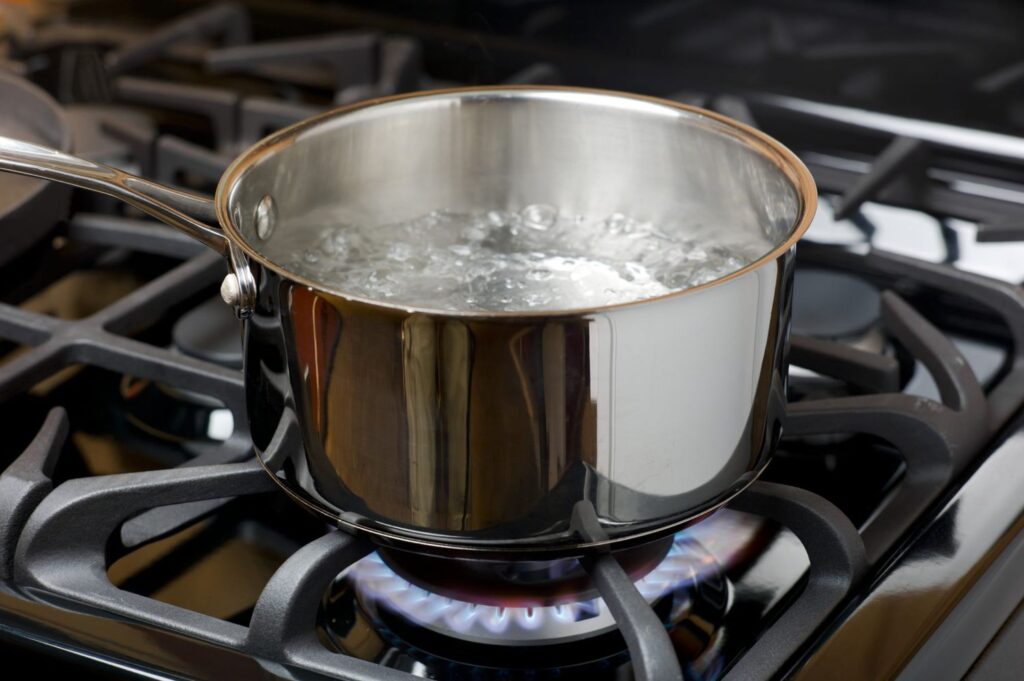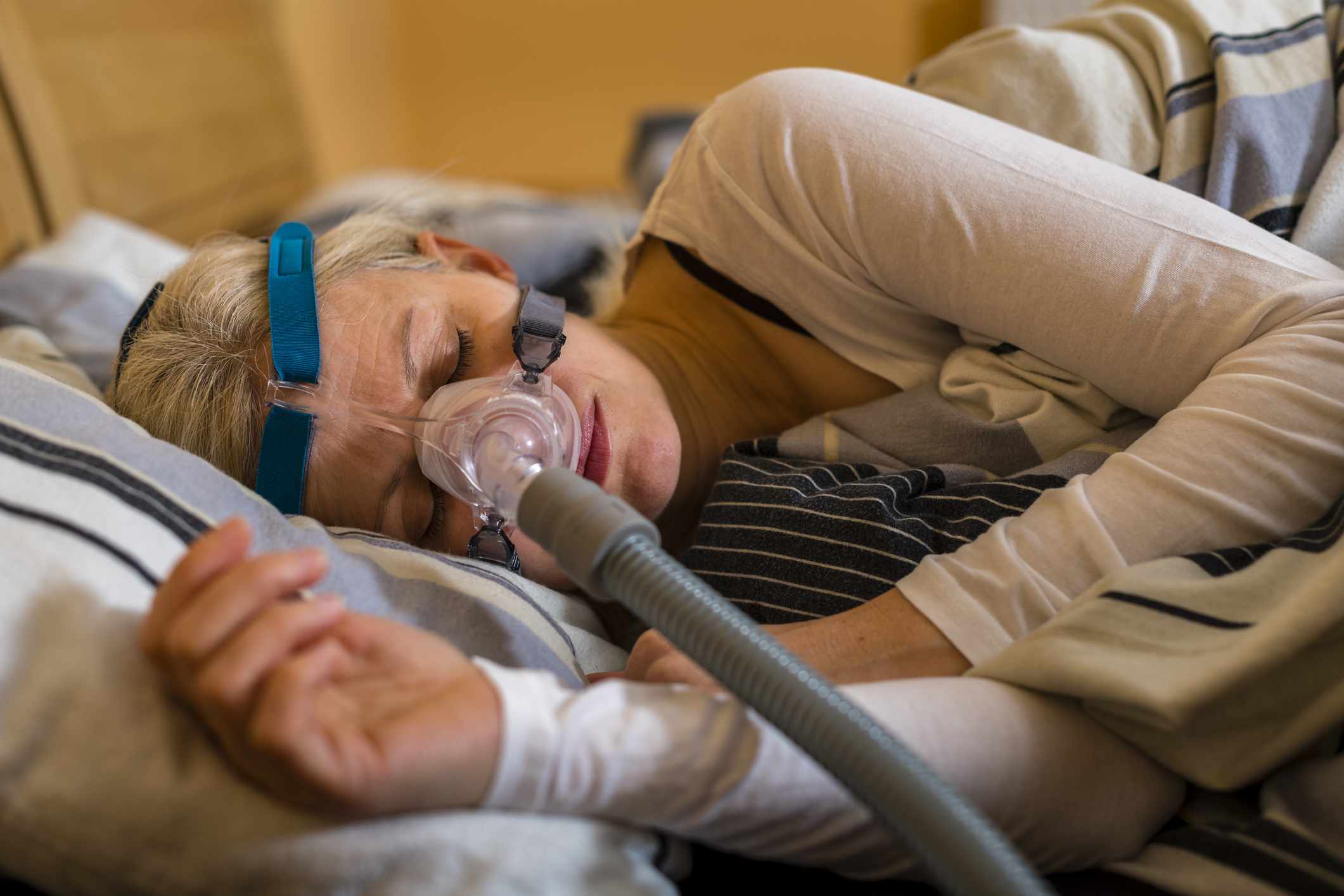Did you know that using tap water in your CPAP machine or humidifier could put you at risk of infections? Tap water contains pathogens that can cause waterborne illnesses when inhaled, according to the Centers for Disease Control and Prevention (CDC).
Despite this, many Americans are unaware of the dangers and continue to use unsterilized tap water in their home medical devices. In this article, we’ll explore the risks and what you can do to protect yourself.
Survey Reveals Widespread Lack of Awareness About Tap Water Risks
A recent survey conducted by the CDC found that many Americans are unaware of the risks associated with using tap water in their home medical devices.
In fact, one-third of survey participants didn’t know that tap water contains bacteria and other pathogens. Additionally, nearly half assumed that tap water could be safely used for rinsing out sinuses, cleaning contact lenses, and in respiratory devices.
Despite these misconceptions, the CDC warns that using tap water in medical devices like CPAP machines and humidifiers can lead to infections. In fact, about a quarter of survey participants admitted to using tap water in their home medical devices.
To protect yourself, it’s important to sterilize water before using it in your medical devices. The CDC hopes that their findings will encourage healthcare providers to educate patients on the importance of using sterilized water in their home medical devices.

Understanding the Risks of Using Tap Water in Medical Devices
Many pathogens like Pseudomonas aeruginosa, Legionella spp., Acanthamoeba spp., and Naegleria fowleri are present in tap water, which is categorized as “unsterile water” by the CDC. According to the CDC report, biofilm-associated pathogens like Pseudomonas and Legionella spp. cause a significant number of hospitalizations and deaths due to waterborne diseases annually.
While tap water can be safe for consumption, it can be dangerous when used in home medical devices like CPAP machines and humidifiers. Dr. Saurabh Chatterjee, a professor of environmental and occupational health and medicine with University of California, Irvine’s Program in Public Health, explains that “when we use CPAP machines or humidifiers in the room that have access to our very sensitive body organ systems, such as the nasal passage, trachea and the lungs, we can be exposed to aerosolized contaminants.”
Pathogens in unsterile water can cause infections through inhalation, which can lead to serious health consequences. Symptoms like cough, chest pain, and shortness of breath can occur, and those at highest risk include older adults, infants, young children, people with weakened immune systems, and those with chronic lung disease. The CDC hopes that their research will raise awareness and encourage people to use sterilized water in their medical devices.

How to clean your tap water for medical use
To ensure that tap water is safe for medical use, the CDC suggests boiling it for five minutes and then letting it cool before using it. However, if possible, using distilled water is preferable.
It’s also important to evaluate personal risk factors and the environment when determining the type of water to use in medical devices. Bottled water may not always be sterile enough for use in a CPAP machine, and some patients may not be able to pause their treatment if sterile water is not available.
The CDC recommends regularly cleaning and disinfecting home medical devices to prevent the growth and multiplication of pathogens. Cleaning plastic pipes and inner surfaces of humidifiers is also crucial to prevent bacterial growth and bacterial toxins from adhering to the surfaces.

The bottom line
According to a recent CDC report, a considerable number of Americans are not aware that tap water is unsuitable for use in their home medical equipment.
Although tap water is safe for drinking, it contains pathogens that can cause infections when inhaled, especially in vulnerable populations such as young children, the elderly, and those with weakened immune systems.
To prevent illness, it is essential to use either distilled water or tap water that has been boiled for at least five minutes in home medical devices.

